Oceans cover more than 70% of the Earth’s surface; these bodies of water are undoubtedly a crucial part of our planet’s natural ecosystem, but they are in trouble.
Due to the negative side effects of climate change, the world’s oceans aren’t just getting warmer, but they are also losing oxidation and becoming dangerously acidic. This troubling “triple threat” will drastically change the planet we live on, maybe beyond repair.
Three Major Threats Against the World’s Oceans
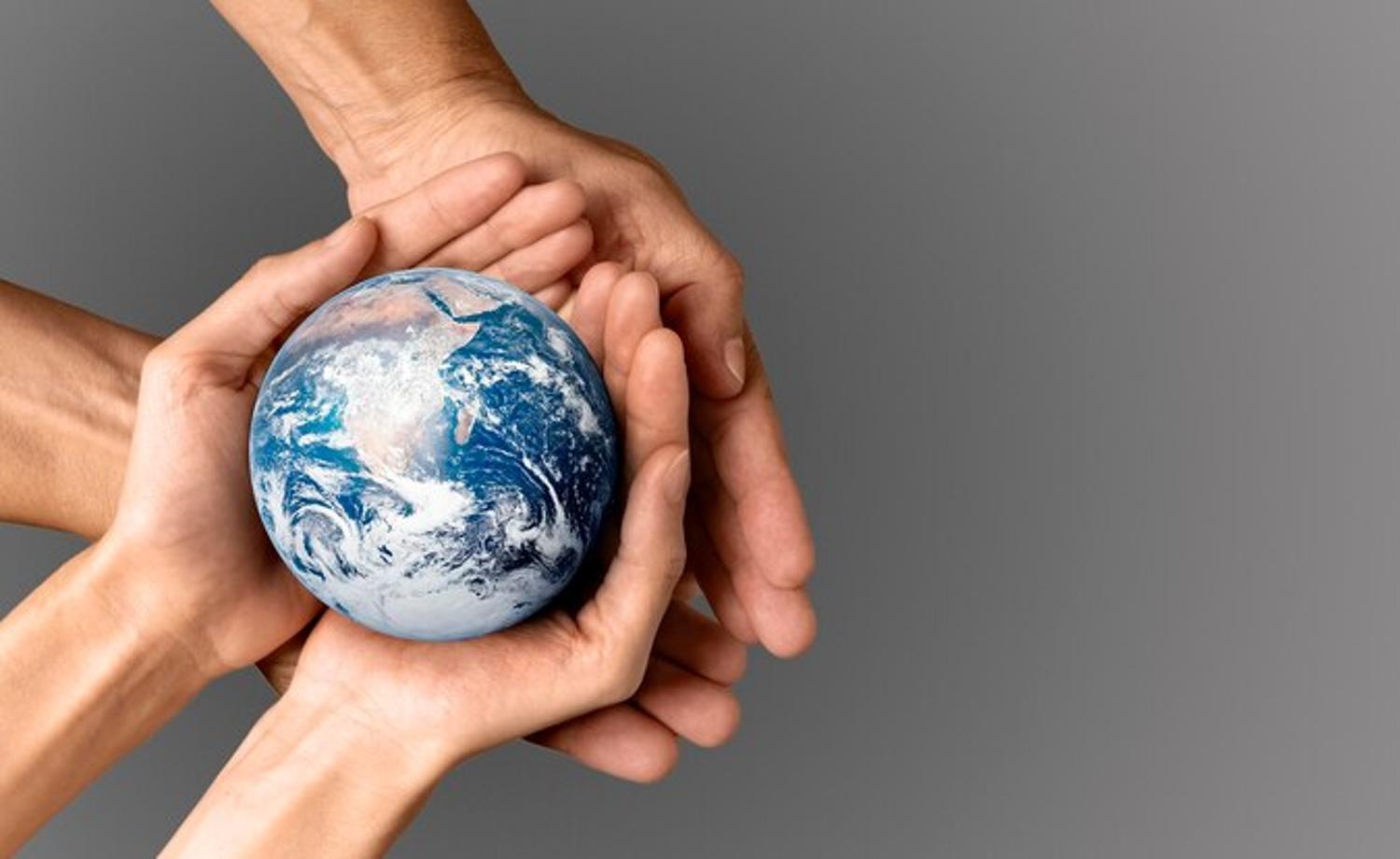
While oceans cover almost three-quarters of planet Earth, experts say that about 20% of our oceans are particularly vulnerable to the consequences of climate change.
One study, published by Advancing Earth and Space Sciences in May 2024, explained the “triple threat” the oceans are currently experiencing: “marine heatwaves, ocean acidity extremes, and low oxygen extremes.”
Marine Heatwaves Are Extreme and Very Troubling
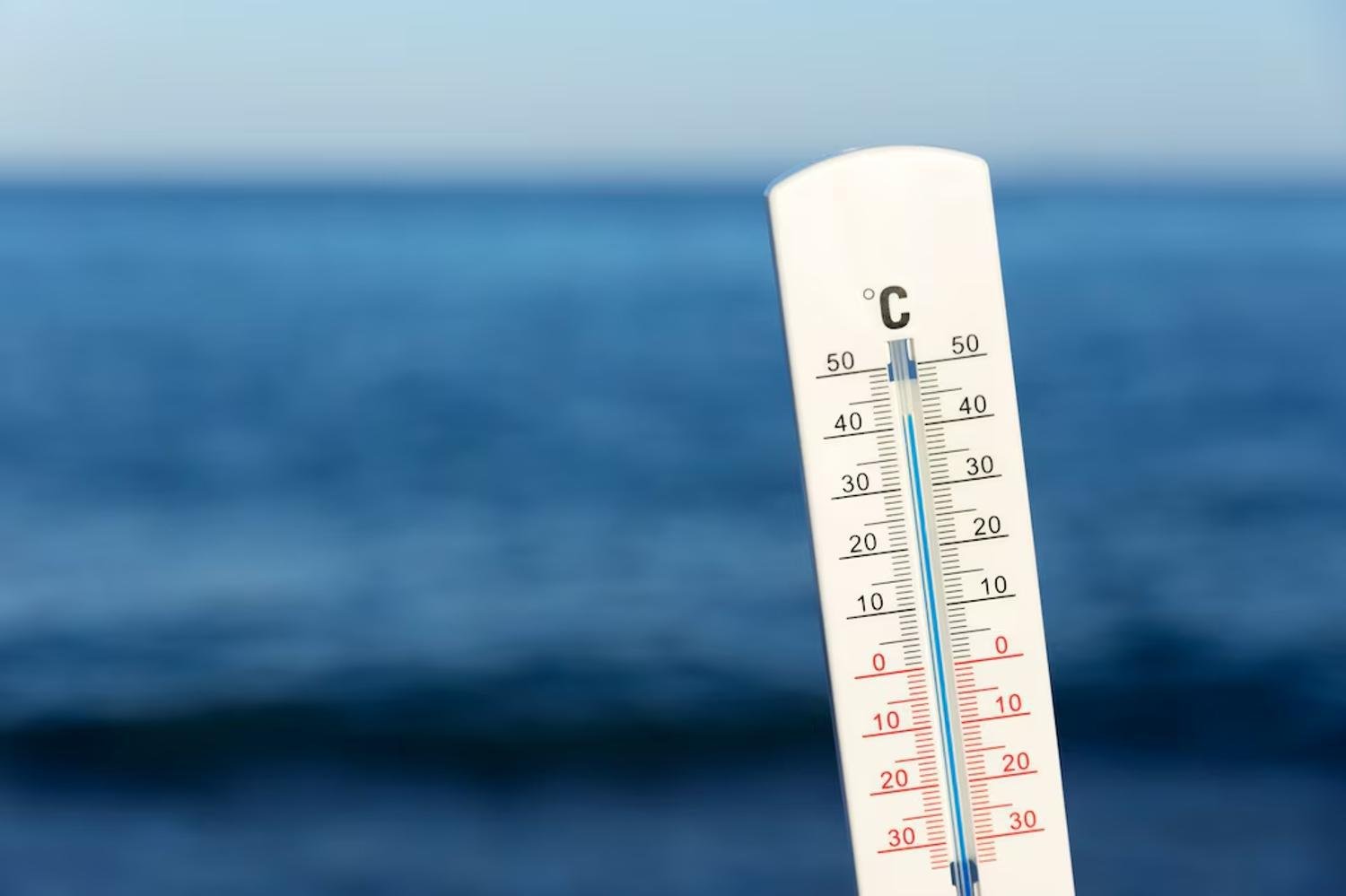
At this point, it’s fairly common knowledge that the world’s oceans are warming, but not everyone understands just how extreme this warming has become and the dire consequences that it produces.
Andrea Dutton, a geologist and climate scientist at the University of Wisconsin–Madison, explained, “The heat has been literally off the charts, it’s been astonishing to see.”
Ocean Acidity Extremes Are Dissolving Shellfish
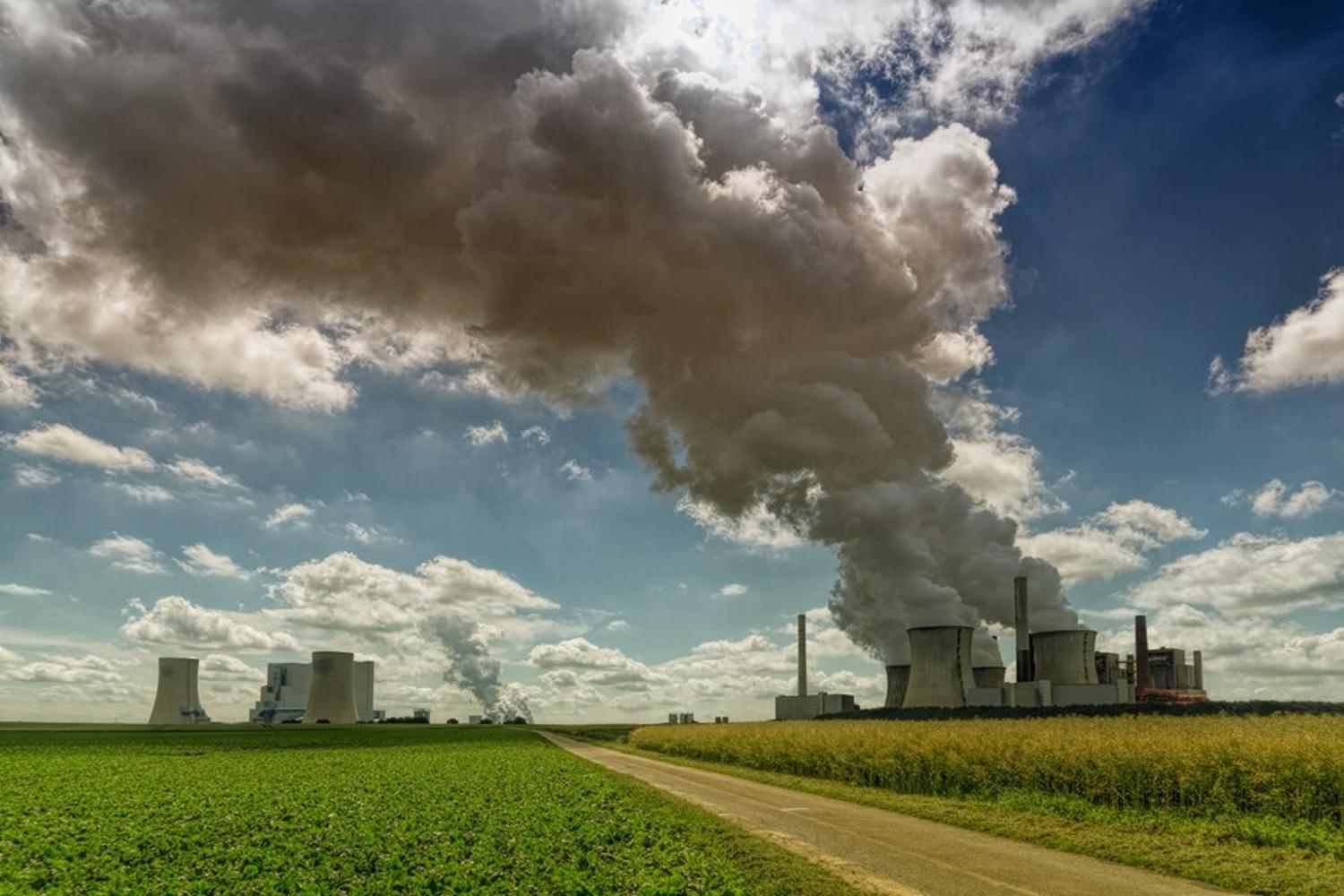
While the extreme heat in the ocean is certainly affecting many species of marine life, forcing them to reroute their migrations and move to other parts of the ocean, some say the drastic acidity in the water is doing even more damage.
Fossil fuel use adds huge volumes of carbon dioxide to the air, making the seawater more acidic. And acidic water is literally dissolving the shells of many marine creatures and even starving all animals of much-needed oxygen.
Low Oxygen Extremes Are Killing Entire Species
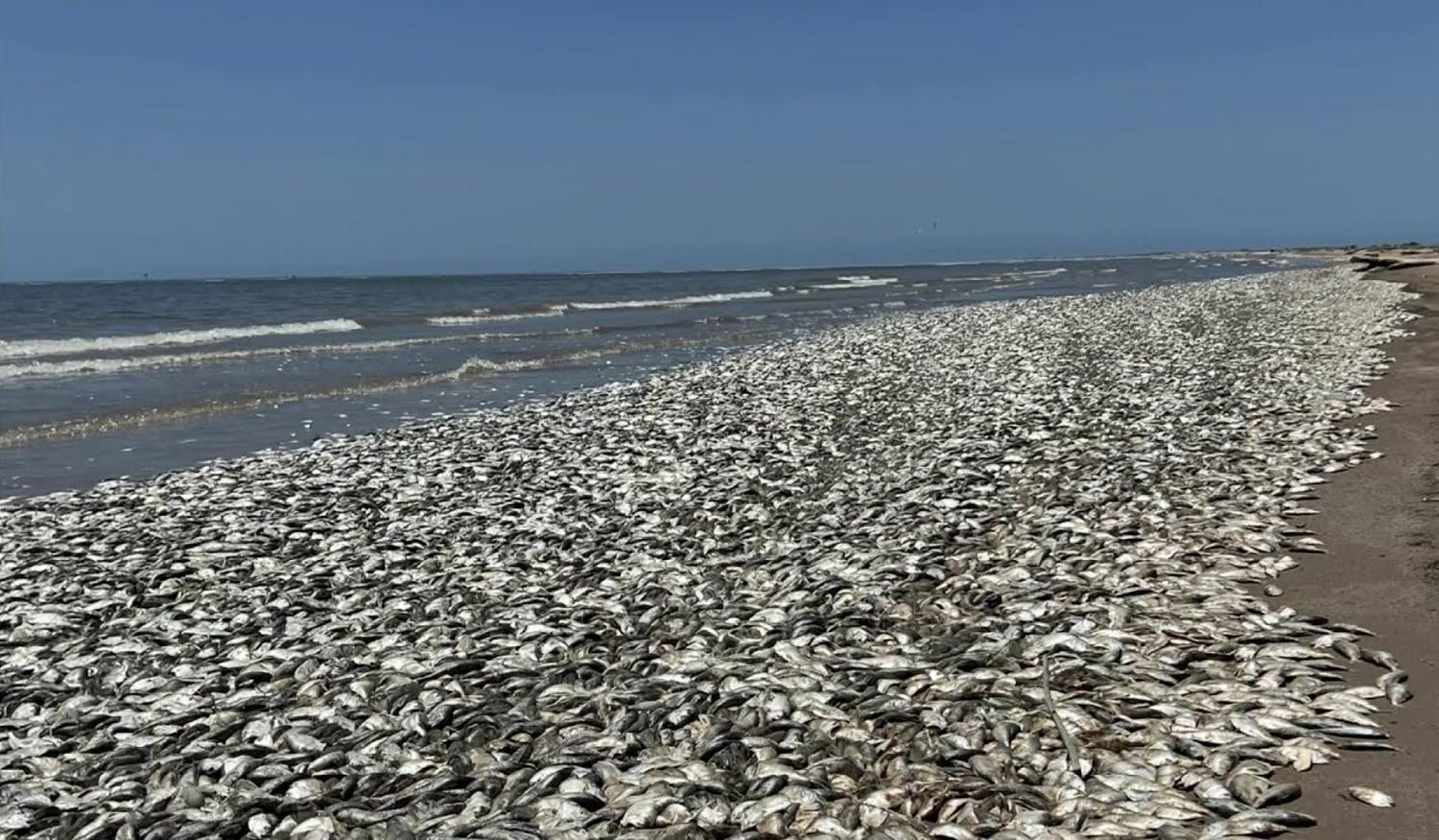
The ocean naturally absorbs the carbon dioxide from the atmosphere, but as the amount of CO2 in the air increases, the ocean soaks up more CO2 than it needs. This excess of CO2 minimizes the amount of oxygen in the sea, which is extremely detrimental to marine life.
As Danielle McDonald, a professor of marine biology and ecology, explained, “If oxygen is low or food is scarce, a fish is going to have a problem. They are going to have to take energy from other processes, such as reproduction and growth, which could have impacts on the whole population level. Worse case, they don’t survive.”
Fossil Fuel Production and Deforestation Are Both Major Threats to the Ocean
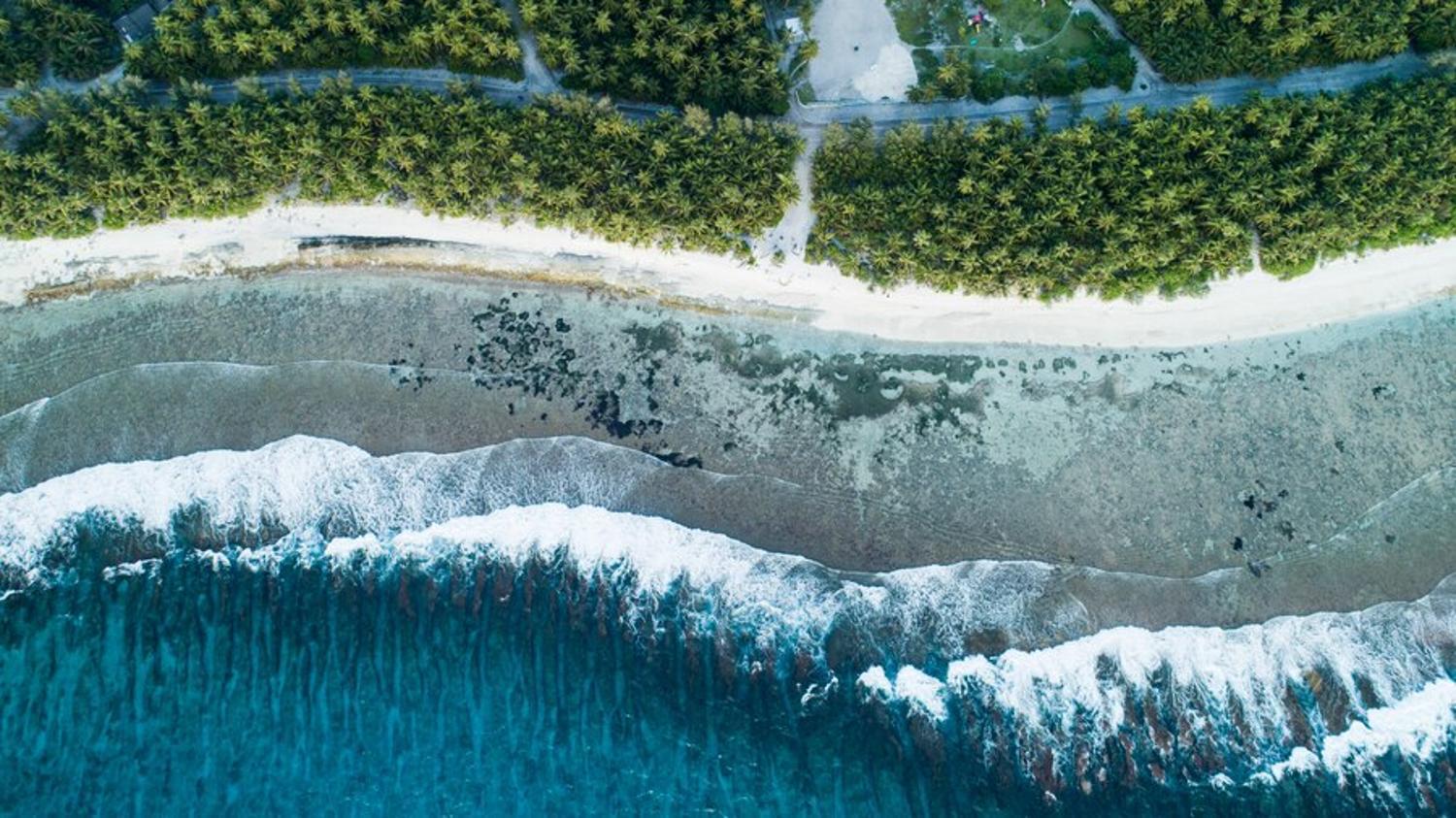
Fossil fuel production and use are certainly negatively affecting the planet as a whole and specifically its oceans, but many people don’t realize that deforestation is also directly causing this troublesome “triple threat.”
As humans continue to fell millions of trees, the volume of CO2 in the air and water increases, excessive erosion pollutes the planet’s water, and hundreds of animal species lose their natural habitats.
This Has Happened Before With Dire Results
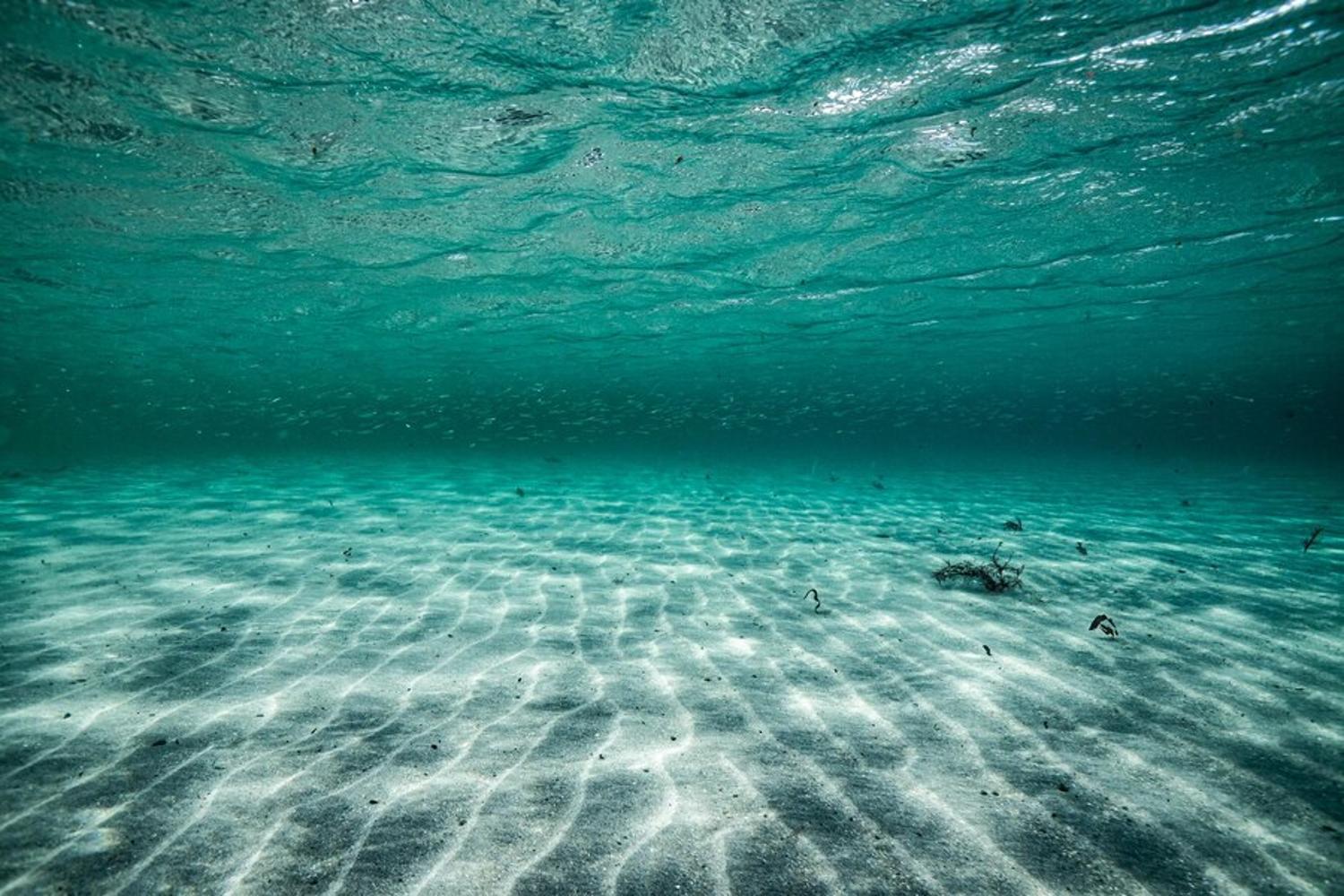
There is no question that human choices have directly led to climate change and the overly acidic, low-oxygen, and warm waters plaguing our oceans. However, it’s interesting to note that the planet experienced a similar change to what humans are causing now some 250 million years ago, and there were dire consequences.
The Permian Period, which lasted for nearly 50 million years, led to an extreme warming of the planet, killing hundreds of marine and terrestrial life species. It was the largest mass extinction in history.
Seafood Scarcity Is Not Far Away
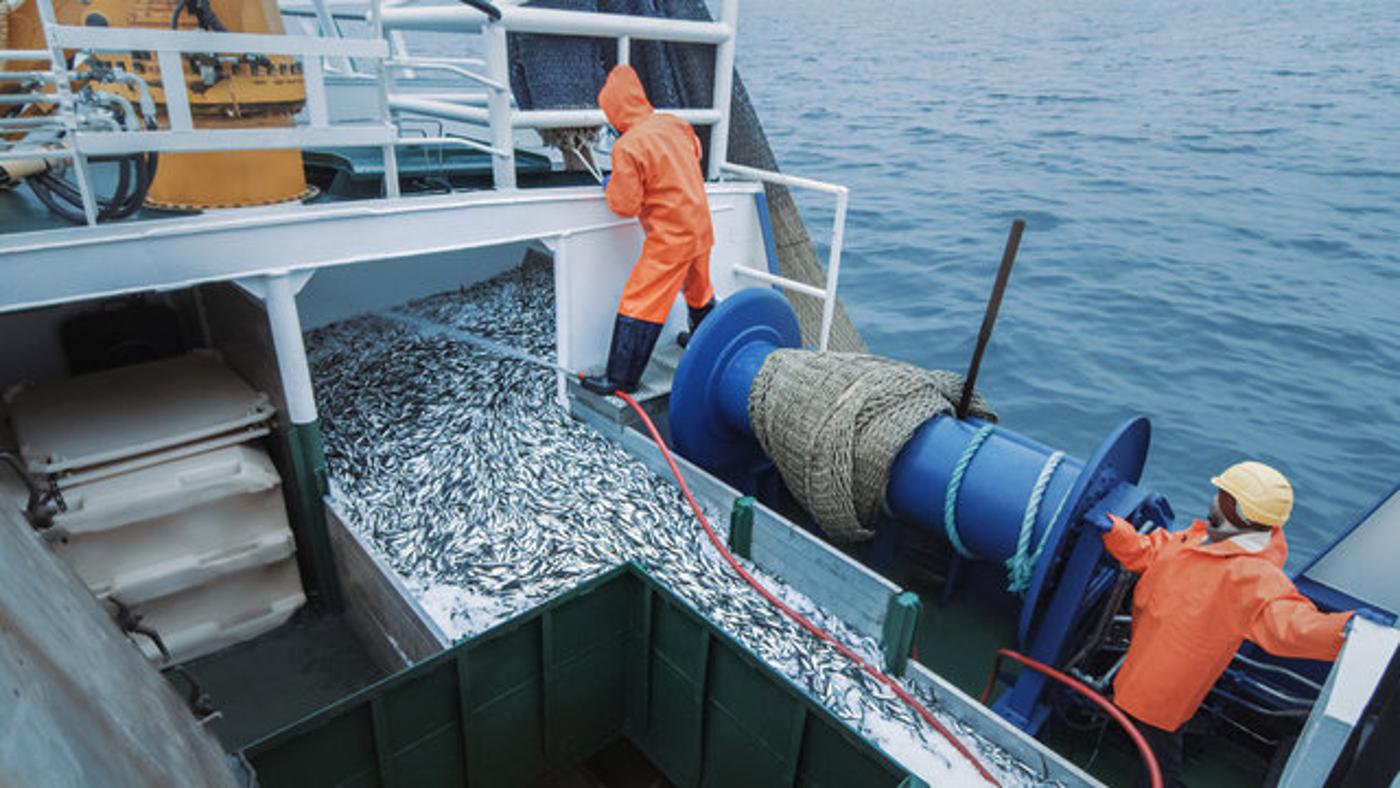
While the success of the many marine life species living in our oceans is vitally important for biodiversity and the survival of the planet, it’s also necessary for the survival of the billions of people on Earth.
The triple threat affecting the world’s oceans will kill millions of fish and other marine life and possibly even eliminate entire species. When it does, seafood scarcity will become a real problem. Millions of people rely on seafood as their main source of nutrition; without it, they could starve.
The Ocean Is Wildly Important to the Success of Our Planet

Many people think of the ocean as a fun place for vacation, where they can take cruises, have beach days, watch whales, fish with friends, and engage in other water activities. But the ocean is so much more than that.
Andrea Dutton, a geologist and climate scientist at the University of Wisconsin–Madison, explained, “Oceans aren’t just a nice backdrop for your selfies in summer, we rely upon them for our lives, it’s very important to recognize this.”
Renewable Energy Could Save the Planet
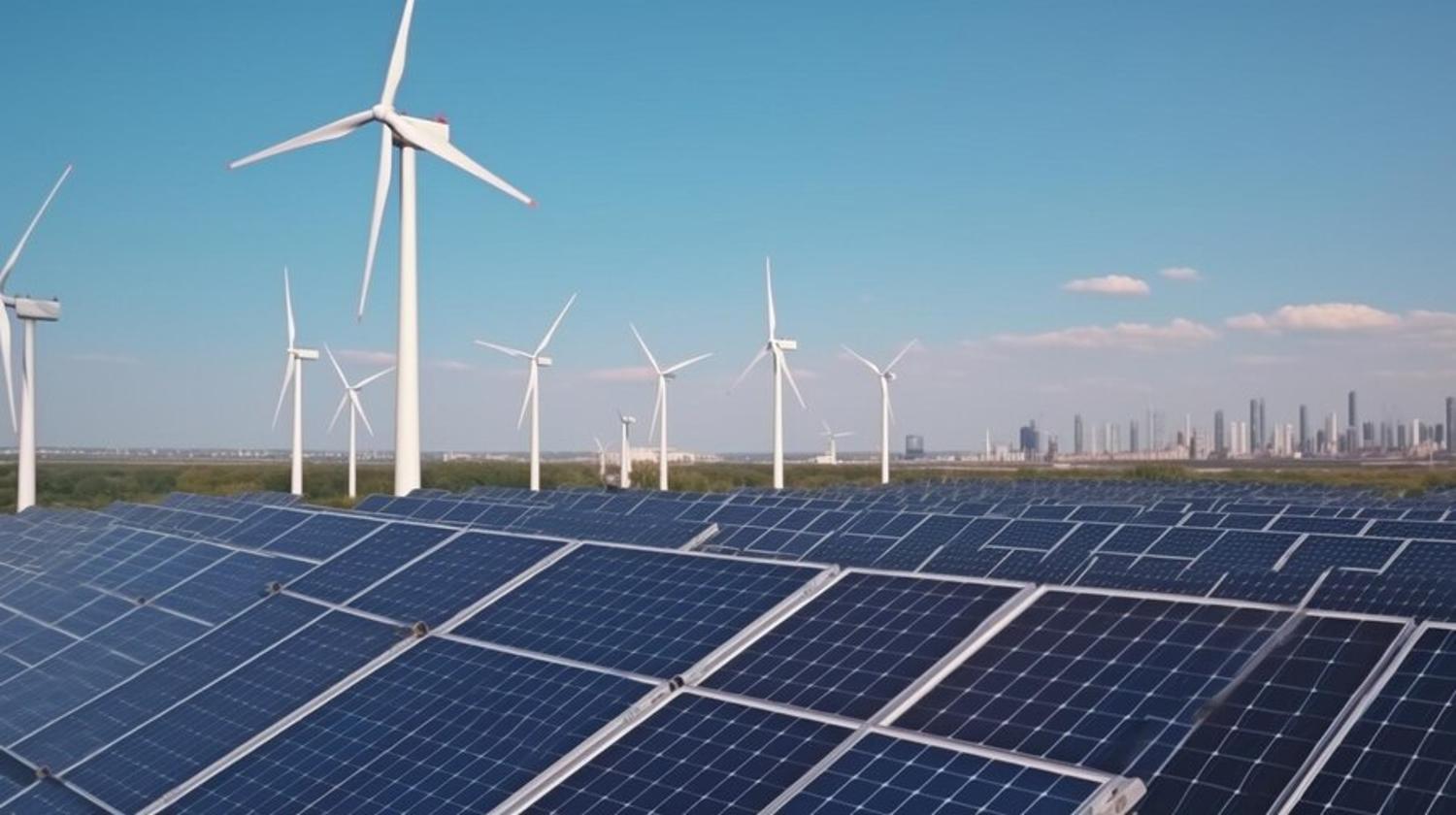
In order to save the oceans from demise, it’s essential that humans change their habits. First and foremost, there needs to be a shift from fossil fuels to renewable and sustainable energy, such as solar and wind power.
Additionally, deforestation needs to stop or at least significantly decrease. Without these changes, the Earth will almost certainly experience another mass extinction and humans might make the list.
Use Your Money Wisely

Learning just how distressing the current situation on Earth is can be overwhelming. It often feels as though there is nothing we can do, but that’s simply not true.
One of the best ways individuals can help save the planet and its oceans is to use their money wisely; that means only spending at stores that are doing their part to protect the planet.
The Fight Against Climate Change Is Far From Over
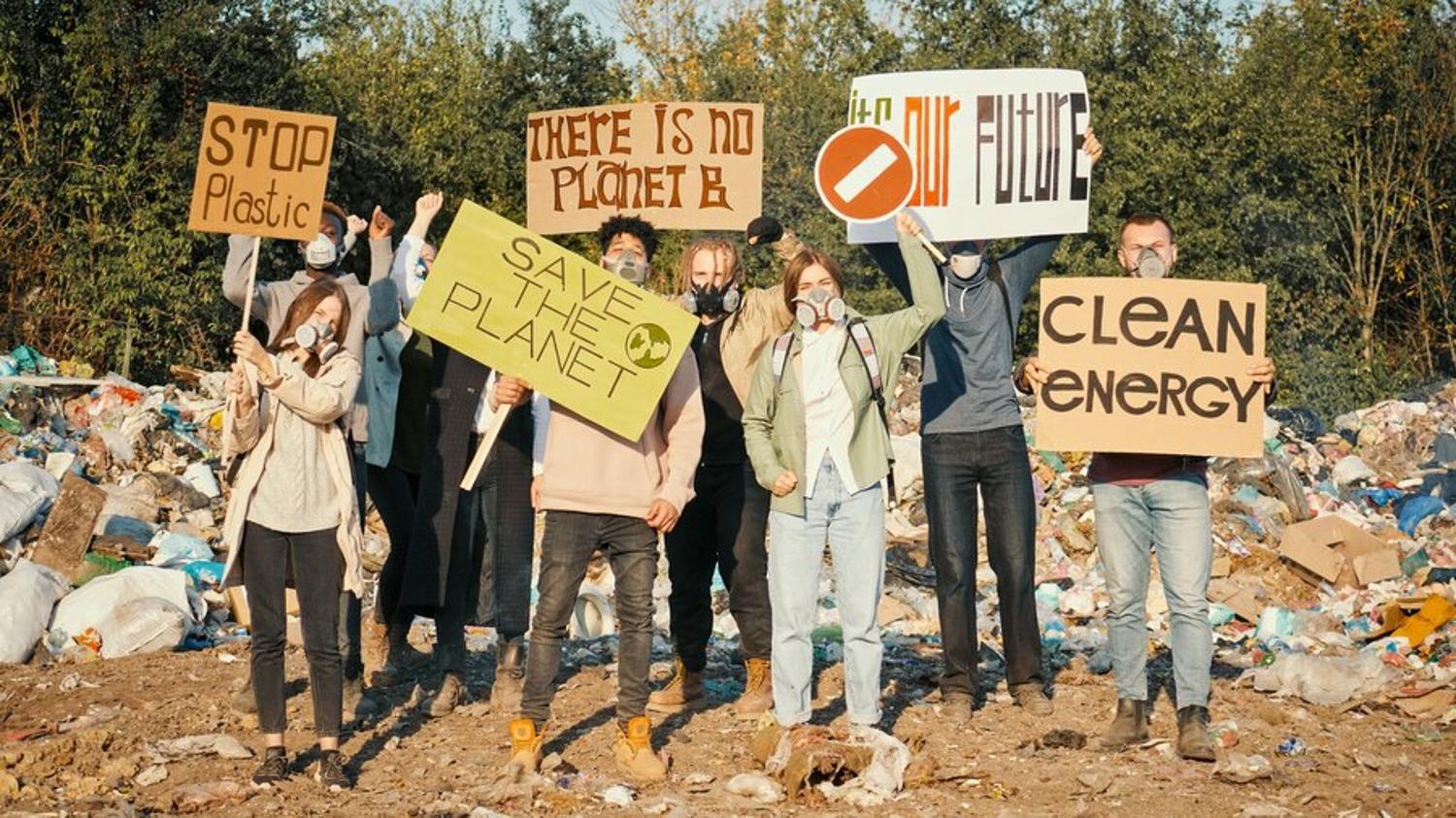
Even though the vast majority of people, as well as companies and governments around the world, fully understand the harrowing effects of climate change, there is still a lot to be done.
Now is the time to advocate for climate change policies, including reducing pollution, banning deep sea mining, minimizing fossil fuel use, and refusing to purchase plastic. You can and absolutely need to do your part before it’s too late.








































